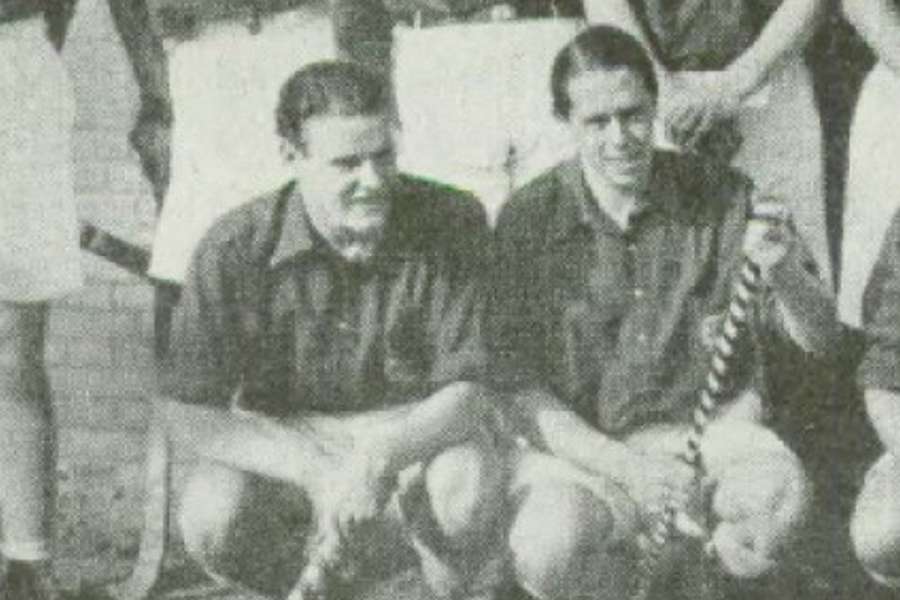Even under Nazi Germany’s ruthless rule, sport kept the Dutch people going. Football remained largely untouched by the occupiers and attracted thousands in attendance.
But the pitches, courts, and fields also harboured heroes of the Dutch resistance, who fought for the country’s freedom by giving shelter to Jewish families, sabotaging German war efforts, being the extension of the Dutch government-in-exile in London, and standing up to oppression.
During the week we celebrate 80 years of freedom, we tell the stories of the resistance heroes who lived double lives on and off the theatre of their sport.
Episode 1: Gerben Wagenaar, the Dutch resistance hero who sparked his football club's fire
Episode 2: Ad van Eerd, the resistance hero who captained PSV to their first title
Episode 3: Olympia, the Amsterdam boxing school which formed the first Jewish resistance
Piet Roodenburgh
Imagine this: you’re 22, studying chemistry and medicine at the University of Amsterdam, and a field hockey prodigy in the Dutch national team. What could possibly go wrong?
Pieter Arnold Roodenburgh, or just Piet, was the son of Alida van de Koppel and Daan Roodenburgh. Father Daan is a prominent name in Ajax history as the designer of its first two stadiums—the Houten Stadion and Stadion De Meer, which was its home stadium between 1934 and 1996 - and as both a player and club commissary in the 1930s.
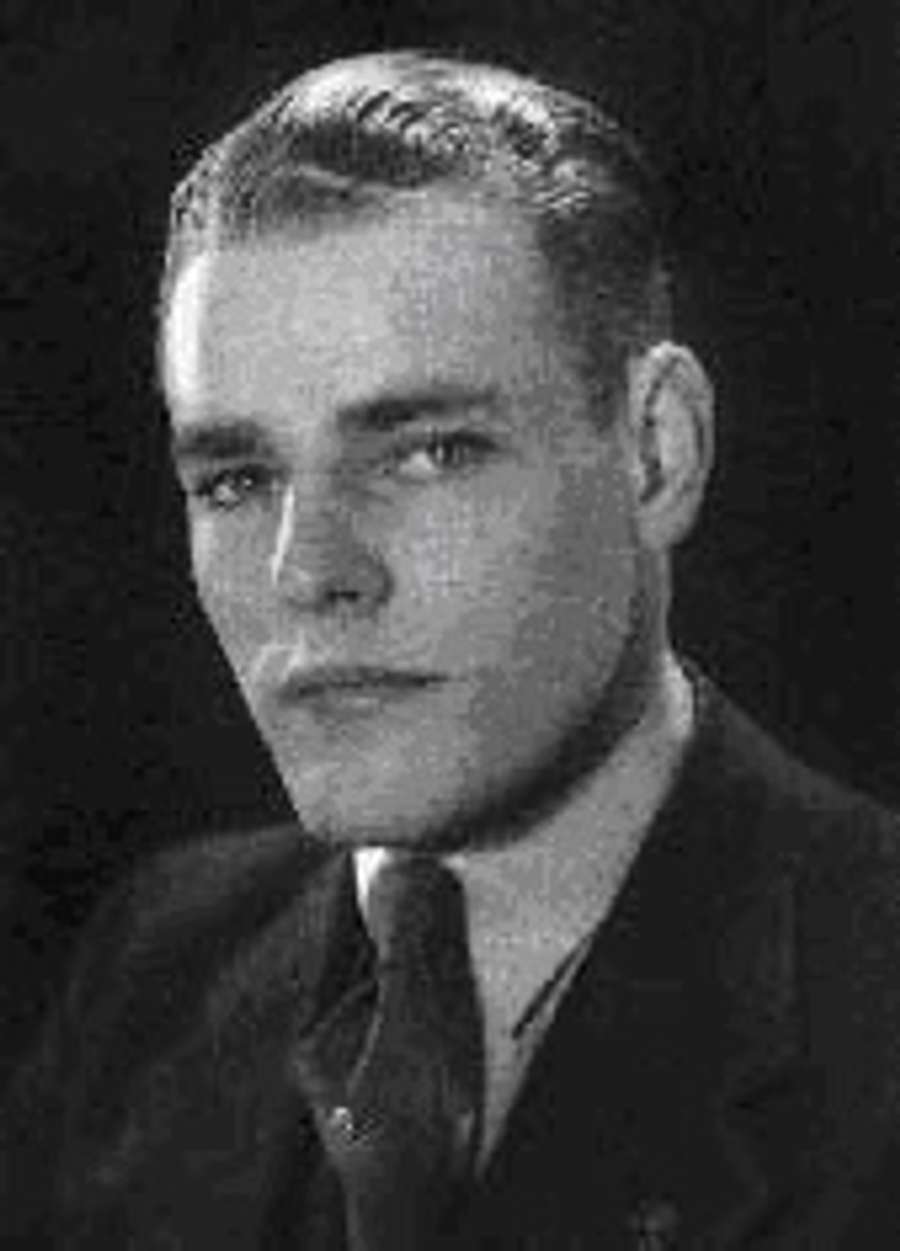
Son Piet even got the opportunity to play for Ajax himself, but the young Roodenburgh chose field hockey instead. It turned out to be a wise choice, as Roodenburgh, who played his club matches at Amsterdam, soon grew to be one of the most well-known field hockey players in the country - a reputation that earned him his international debut.
Piet was living a steady, promising life in Amsterdam when Nazi Germany invaded the Netherlands on May 10th, 1940. Five days earlier, Roodenburgh played what ended up being his eighth and last game for the Dutch national field hockey team – a 4-3 defeat to Belgium in Brussels. Roodenburgh, a right forward, was described as an insufficiently productive virtuoso by magazine Hockey Sport, but scored twice in his seventh game for the Netherlands.
Resistance
The war did not change much for Roodenburgh. He stayed in school and continued playing field hockey for Amsterdam, but it all changed in 1943.
When Roodenburgh graduated from the University of Amsterdam in April 1943, the 25-year-old refused to sign the German oath of loyalty, which stated that the subject was to refrain from actions against the German Reich, the German armed forces, and Dutch authorities.
Of the 14,600 students who were told to sign the oath, 12,400 refused and risked serious repercussions. 3,500 students were arrested and sent to Germany as forced labourers for refusing to sign the oath, and nearly 9,000 students went into hiding.
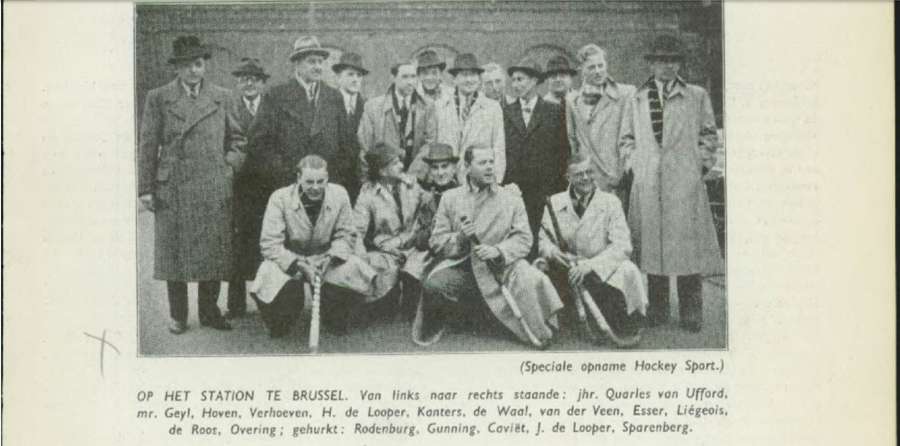
Roodenburgh was one of them. The last recorded field hockey article mentioning Roodenburgh was published in April 1943, when Piet was selected for the provincial team of North Holland. The “fast and technical right forward” undertook more serious measures to stay out of the hands of Nazi Germany and attempted to flee to England.
After running into trouble in France, Roodenburgh diverted to Switzerland and weathered a heavy snowstorm, which nearly proved fatal, to get to neutral land.
Once there, Roodenburgh spent time in an internment camp before getting in contact with the Dutch General Aleid Gerhard van Tricht, who employed the hockey hero as a courier for Fiat Libertas-Group GM, a group of spies hired by the Dutch government-in-exile in London.
Dutch spy
Roodenburgh brought valuable information back to Bern, where it would be sent to the Dutch government-in-exile. One subject Roodenburgh stole intel about, was the German V-1 flying bomb.
Roodenburgh took his information with him over the Swiss Road, part of the Dutch-Paris escape line. Roodenburgh would also take several people in dire need back to Bern during his trips.
Now a resistance fighter, Roodenburgh was stopped in his tracks when Allied forces invaded Normandy on June 6th, 1944 – better known as D-Day. The invasion made it impossible for the Dutch-Paris escape line to continue working, forcing Roodenburgh to make a career switch.
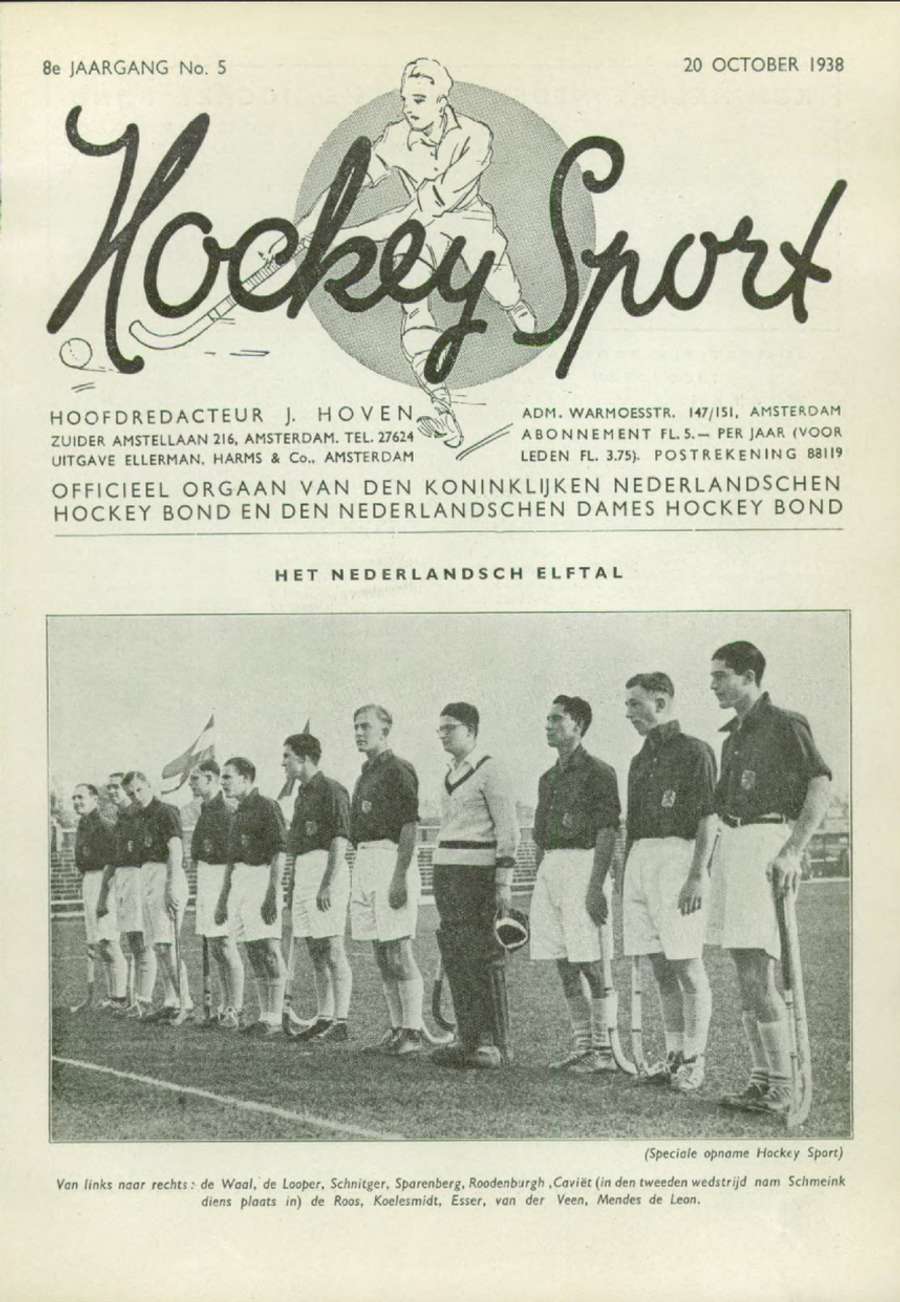
The former Dutch hockey international returned to the Netherlands under the alias P.C. Harms and joined fighting group Amsterdam. Roodenburgh got involved in Allied weapon droppings and sabotaged the German war machine, but also took a leading role in the Internal Control Service of the resistance, which tracked and gathered information of known NSB party members and employees of the Nazi German Sicherheitsdienst, the secret intelligence agency.
Tragic demise
One piece of intel fed to Roodenburgh would have catastrophic consequences. The detective agency of the resistance group got Roodenburgh in contact with Nazi collaborator Wim Henneicke, head of the Colonne Henneicke, a group of Amsterdam-based Jew hunters. Henneicke betrayed Roodenburgh and had the resistance fighter arrested in Café Dubois, south of the Amsterdam city centre.
After his transfer to the detention centre near his place of arrest, Roodenburgh would soon be put on a death list – a new measure the Nazis had taken to clear out prisons and take pressure off the courts. Whoever got put on a death list got the name ‘death candidate’ and would be executed as a form of revenge for acts of resistance. A crowd would be forced to watch and the bodies would not be moved for 24 hours to give off a signal.
Just one month after his arrest, Piet Roodenburgh’s life would come to an end in this exact way. After members of the resistance blew up a Nazi German munitions train in Uitgeest, North Holland, Roodenburgh and two other death candidates were shot in the exact spot of the train attack. The former field hockey prodigy and future face of the national team died aged 26.
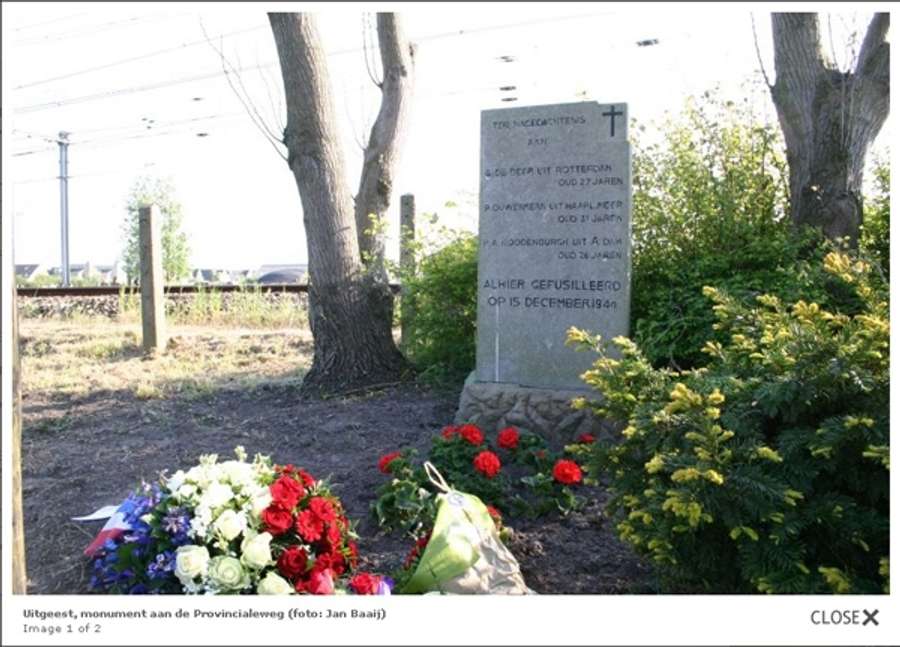
Piet Roodenburgh never experienced the freedom he fought to achieve, but was honoured posthumously. In 1949, Queen Wilhelmina awarded Piet Roodenburgh the Bronze Lion – one of only 1,210 people to receive this medal. Roodenburgh got the medal for being someone who “has distinguished themselves in the fight against the enemy by engaging in particularly courageous and prudent acts.”
Magazine Hockey Sport also honoured Roodenburgh after the war, profiling the deceased international as “the right forward of the Dutch national team who grew to be a true hero, who did the country great service and was finally executed for treason. This fine sportsman will be remembered gratefully.”
And where Roodenburgh was first buried in a mass grave by order of the Nazis, the resistance hero was laid to rest at the Dutch Honorary Cemetery Bloemendaal, where his grave stone sends one last powerful message: “The freedom of the mind transcends time and death.”

